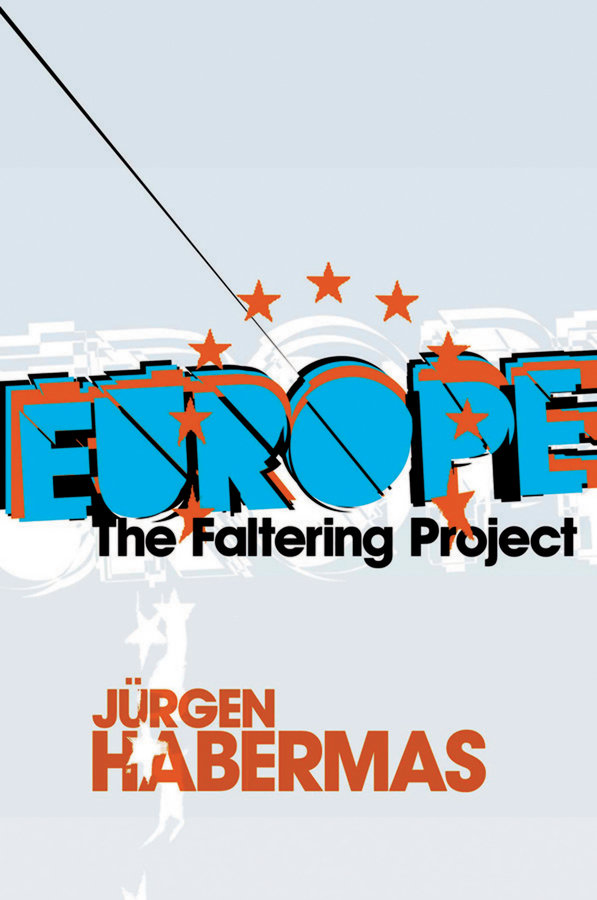The future of Europe and the role it will play in the 21st century are among the most important political questions of our time. The optimism of a decade ago has now faded but the stakes are higher than ever. The way these questions are answered will have enormous implications not only for all Europeans but also for the citizens of Europe's closest and oldest ally - the USA.In this new book, one of Europe's leading intellectuals examines the political alternatives facing Europe today and outlines a course of action for the future. Habermas advocates a policy of gradual integration of Europe in which key decisions about Europe's future are put in the hands of its peoples, and a 'bipolar commonality' of the West in which a more unified Europe is able to work closely with the United States to build a more stable and equitable international order.This book includes Habermas's portraits of three long-time philosophical companions, Richard Rorty, Jacques Derrida and Ronald Dworkin. It also includes several important new texts by Habermas on the impact of the media on the public sphere, on the enduring importance religion in "post-secular" societies, and on the design of a democratic constitutional order for the emergent world society.


